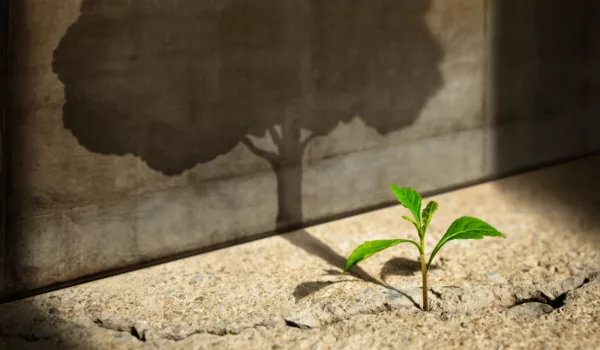Week of Ministry

About Week of Ministry 2025
A Prayer for Pastors

Loving God, we give thanks for our friends and colleagues in ministry who said YES to your call. We are grateful for their faithfulness to share your Light in a world full of challenges.
When they feel too tired to take the next step, give them a place to rest.
When they cry out, hear it as their deepest prayer.
When they feel alone, surround them with others to walk with and reminders of your presence.
When blessings come, help them to receive with joy and breathe them in deeply.
When overwhelmed, quiet their hearts and help them to stop reading and scrolling.
When they question, remind them of your love.
When discouraged, send someone to encourage and let them truly hear.
God, we all need a big dose of Faith, Hope, and Love. Help us to remember to turn to you for sustenance on our journey. Thank you for your patience, your grace, and your unfailing love.
Amen.
- Fonda Latham, MRA Project Coordinator
Featured Content
Member Wellness Pledges
About Week of Ministry
Honoring and celebrating the call to ministry since 1933.
Week of Ministry, created by Pension Fund, offers resources to help congregations show appreciation for those in ministry, celebrate their pastors, strengthen relationships among ministry peers, and encourage those who may be called to ministry in the future. Our goal—during Week of Ministry and throughout the year—is to support pastors. For more resources, visit our Members & Clergy page below.
Make a Gift to Ministerial Relief & Assistance in Honor of Your Pastor
One way to honor those called to serve is by donating to Ministerial Relief & Assistance (MRA). Through MRA, Pension Fund walks alongside pastors by providing support through programs like Vocational Counseling, Parental Leave Assistance, and Emergency Aid Gifts.








